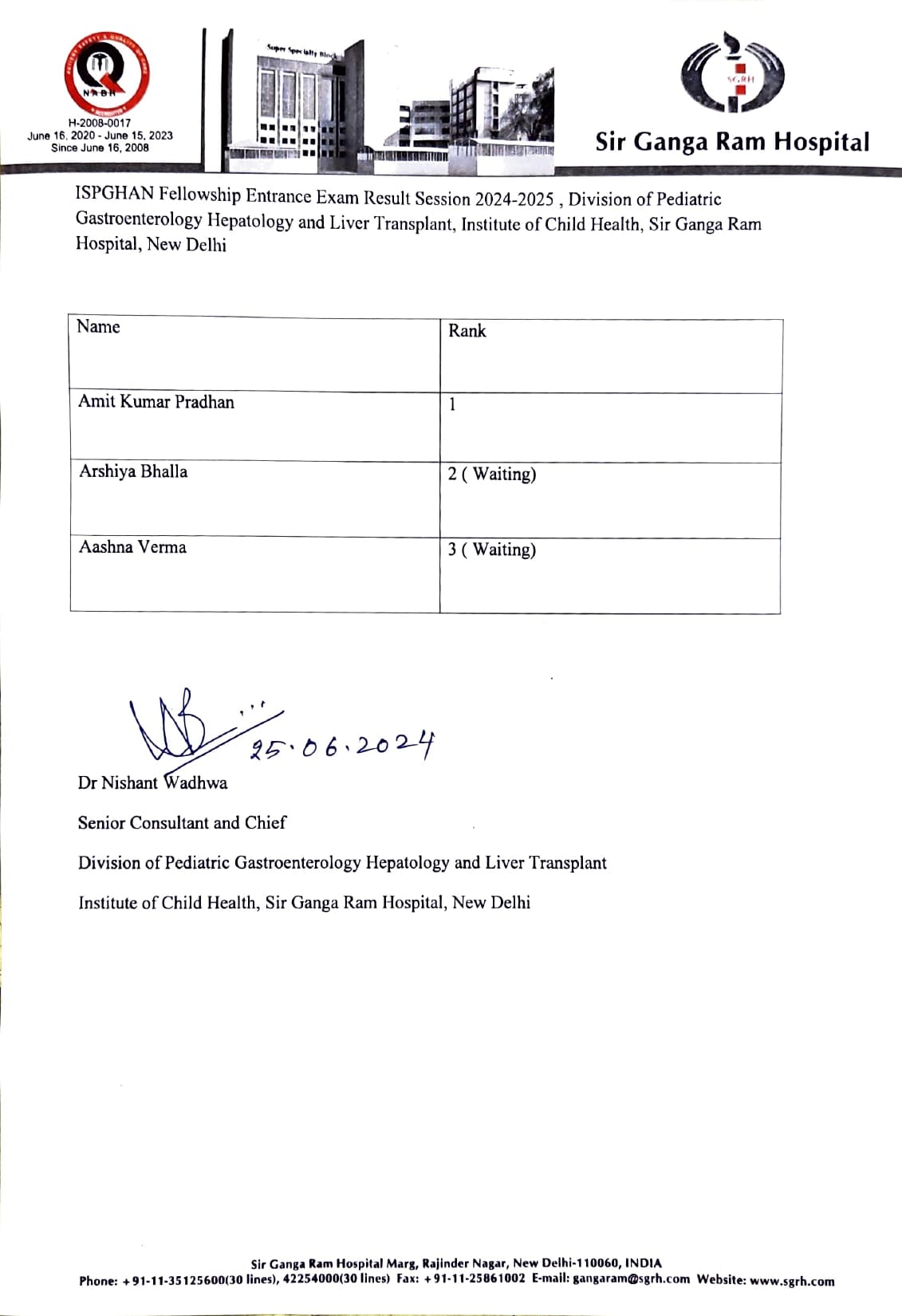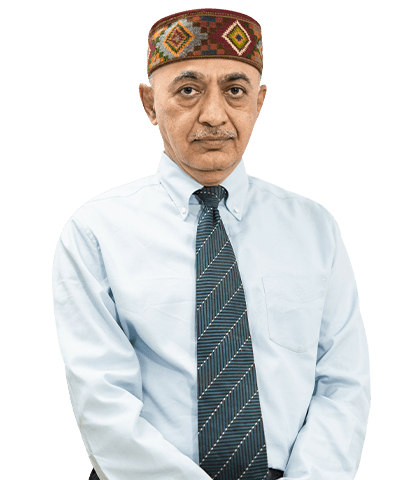 Dr. (Prof.) Anil Arora
Dr. (Prof.) Anil Arora
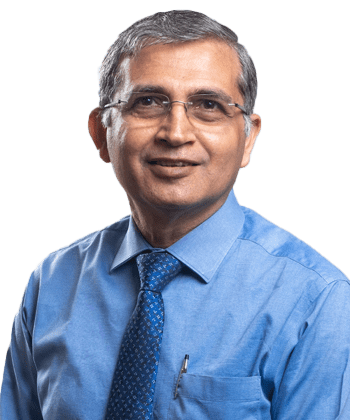 Dr. Mandhir Kumar
Dr. Mandhir Kumar
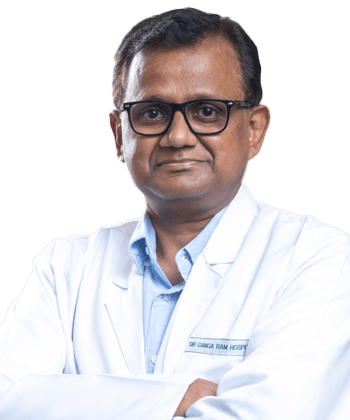 Dr. Piyush Ranjan
Dr. Piyush Ranjan
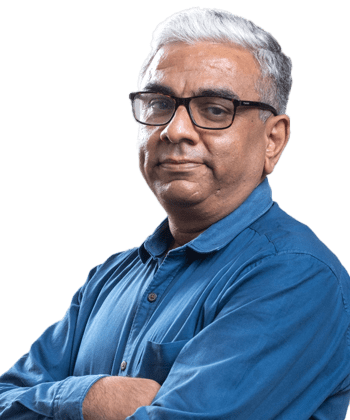 Dr. Munish K. Sachdeva
Dr. Munish K. Sachdeva
 Dr. Naresh Kumar Bansal
Dr. Naresh Kumar Bansal
 Dr. Ashish Kumar
Dr. Ashish Kumar
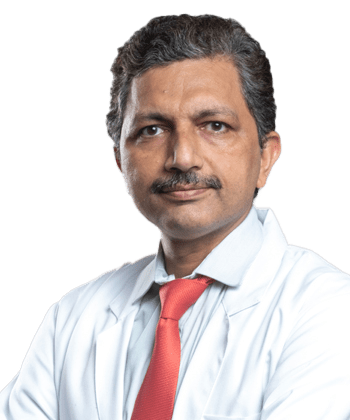 Dr. Praveen Sharma
Dr. Praveen Sharma
 Dr. Shrihari Anikhindi
Dr. Shrihari Anikhindi
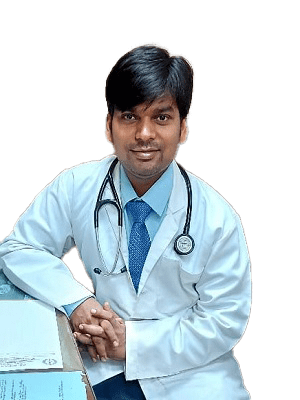 Dr. Shivam Khare
Dr. Shivam Khare
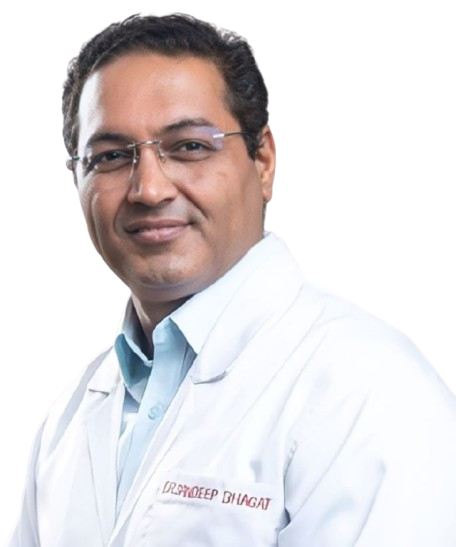 Dr. Sandeep Bhagat
Dr. Sandeep Bhagat
The Institute of Liver Gastroenterology and Pancreaticobiliary Sciences as a super-specialty is involved in the management of patients suffering from disorders of the digestive system and liver. These patients may be suffering from simple problems such as indigestion, bloating, constipation, pain in the abdomen, diarrhoea, jaundice or diffi cult problems like blood in the vomit or stools, liver failure, cirrhosis, ascites, bile duct stones, cancer of the gallbladder, pancreas, food pipe, stomach or intestine.
The mission of the Institute of Liver Gastroenterology and Pancreaticobiliary Sciences at SGRH is:
The Institute of Liver, Gastroenterology and Pancreaticobiliary Sciences at SGRH boasts not only of world-renowned clinicians but also of the most modern technologies used for diagnosis and treating patients of gastrointestinal and liver diseases. This institute is well known for its profi le as being among the best ones in the country for providing fi ne clinical services, a high-quality academic programme and qualifi ed and committed doctors. The institute is recognized both nationally and internationally for its expertise and has established itself as a tertiary referral centre covering most of North India. The department is wellequipped, which makes it one of most sought after in India for post-doctoral courses in gastroenterology. The institute is training not only its students who are pursuing the Diplomate in the National Board (DNB) course but also fellows from abroad. A number of observers from all over India come to observe and learn procedures. The department also offers oesophageal and anorectal manometry training to Gastroenterologists from India and abroad. A multidisciplinary tumour board is also conducted every week to discuss management of patients with various GI malignancies.
The services offered by the institute include:
1st Floor, Old Builiding, Ext: 1132/1133/1134 Helpline no: 2065
